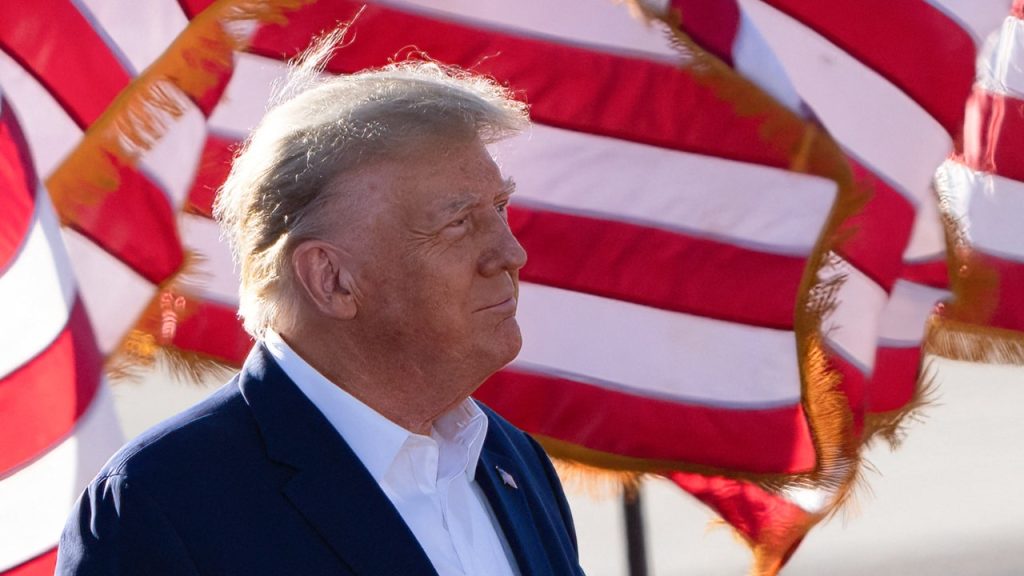Former President Trump, in his bid for a second term as president, has outlined his plans to address what he sees as radical left influence in higher education. He aims to “fire” the accreditors that have allowed colleges to be taken over by what he terms “Marxist maniacs and lunatics.” Trump plans to reform the college accreditation system to focus on defending American tradition and Western civilization, protecting free speech, eliminating administrative bloat, removing diversity and inclusion bureaucrats, and ensuring job placement and career services for students. He also intends to implement college entrance and exit exams to ensure students are receiving a quality education and getting value for their money.
In addition to education reform, Trump has proposed directing the Justice Department to pursue federal civil rights cases against schools engaging in racial discrimination. Schools found to engage in unlawful discrimination under the guise of equity could face severe penalties, including having their endowments taxed and fines up to the entire amount of their endowment. Seized funds would be used for restitution for victims of these policies. Trump argues that colleges and universities have received significant funding from taxpayers and it is time to remove what he sees as anti-American ideologies from these institutions.
Trump’s comments come amidst ongoing violent antisemitic anti-Israel protests on college campuses, including Columbia University, where classes have been shifted to virtual or hybrid formats due to safety concerns. Trump criticized Columbia for closing its campus, stating that such actions signal a victory for the other side. He believes that schools should remain open and demonstrated resilience in the face of protests. The former president’s video message was posted on his social media platform, Truth Social, where he reiterated his commitment to real education in America and the need to remove anti-American influence from higher education institutions.
Columbia University, in response to safety concerns related to the protests, shifted all courses on its main campus to hybrid learning until the end of the semester. The school’s Provost emphasized the importance of prioritizing safety while ensuring that teaching and learning continue during this challenging time. Trump criticized the decision, arguing that it plays into the hands of those conducting protests and represents a failure on the part of the university administration. The former president’s stance on education reform and his criticism of Columbia’s response to the protests reflect his ongoing efforts to position himself as a defender of traditional American values and institutions.
As Trump continues to outline his policy agenda for a potential second term, his focus on education reform and tackling radical ideologies in higher education serves as a key pillar of his platform. By targeting the college accreditation system and proposing punitive measures against institutions that engage in discrimination, Trump aims to reshape the landscape of higher education to align with his vision of defending American tradition and promoting free speech. As debates around academic freedom, diversity, and inclusivity continue to spark controversy, Trump’s proposals highlight the ongoing tensions within the education sector and broader society. His comments on Columbia University’s response to the protests further underscore the complex intersection of political ideologies, academic freedom, and public safety on college campuses.













